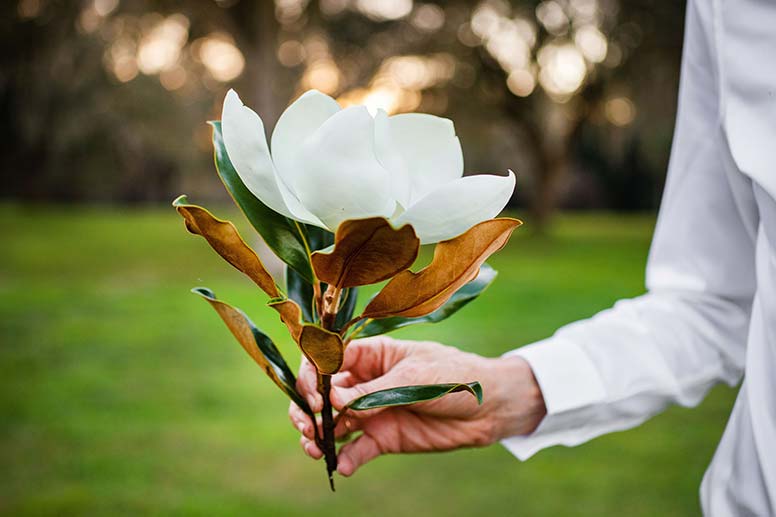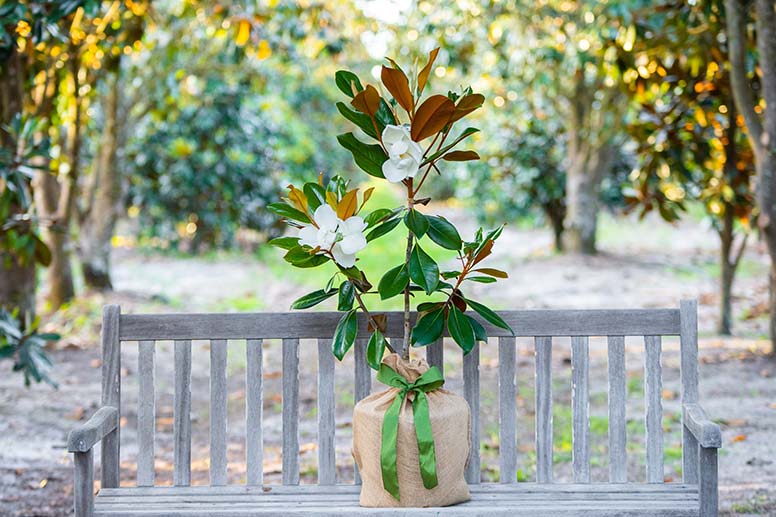What does magnolia symbolize? Magnolia tree is one of the most important symbols in Buddhism and Chinese religions. Moreover, various traditions from different countries have used it as a spiritual guide for thousands of years. Internationalization of magnolia tree as a symbol of peace and harmony is gaining momentum. Read more on the Spiritual meaning of magnolia tree, and biblical meaning of magnolia tree.
Magnolia is the flower of South. It’s also called Chinese quince and Hon-shimeji mushroom. There are some other names for it, too. Its flowers look just like cupcakes. They are white with a delicate, sweet smell. They bloom in the cold winter and make people happy. The magnolia blooming in winter means that usually the coming spring will be mild and sweet-scented like magnolias. I think that magnolias symbolize pureness and innocence according to its beautiful white petals and modest fragrance. It is a true symbol of purity in some cultures.
The magnolia tree has been used in spiritual ceremonies for centuries, and its meaning is deeply rooted in the lore of the South.
The magnolia flower represents rebirth and renewal. It’s said that the magnolia was planted around graves in order to help the departed soul find its way back to heaven. Magnolias are also associated with healing—they’re often placed on altars when a loved one is sick or injured, or laid next to an open casket during a funeral service. The magnolia tree also stands for family unity: when there is a single magnolia growing in your yard, you can safely assume that your family will be together for many years to come.

The magnolia tree is a symbol of strength, longevity, and beauty. The magnolia tree was a favorite subject of many painters in the 19th century. It is said that it takes up to 20 years before a magnolia tree will bloom, but when it does the effect is dramatic. Magnolias have large leaves that are dark green with a glossy finish. The flowers grow on long stalks with clusters of white or pink flowers that open only at night.
The magnolia tree represents an appreciation for nature and all its beauty. It can also represent new beginnings and growth.
spiritual meaning of magnolia tree
What does the Magnolia Tree symbolize in the south?
The Magnolia tree symbolizes many different things. In Georgia, people used to plant a magnolia tree in every flower bed because it was said that luck and economic stability would follow. Today, the magnolia tree is the state tree of Mississippi as well as its state flower. The magnolia flower is also the state flower of Louisiana.
What does the magnolia tree symbolize around the world?
In the Chinese culture, the magnolia tree symbolizes purity and nobility. The tree was also known for its healing powers because in Traditional Chinese Medicine, magnolia bark was used as a sleep aid. In Japan, the magnolia flower is called Hanakotoba in the Japanese system of flower meanings. Hanakotoba means that the magnolia flower represents a love for nature, nobility, perseverance, dignity.
What does the magnolia flower symbolize?
The endurance and strength of the magnolia trees have also made them a symbol of everlasting connections, which is why magnolia flowers make a great addition to any wedding bouquet.


Each of the flower colors also has its own symbolism.
White magnolia flowers: purity and perfection
Pink magnolia flowers: youth, innocence, and joy
Purple magnolia flowers: good luck and health
Green magnolia flowers: joy, health, luck, and good fortune
biblical meaning of magnolia tree
Magnolia Trees are a symbol of faith, hope, and love.
Magnolias represent happiness because they bloom in the springtime. They also represent rebirth and resurrection, because their flowers appear on old branches and new ones. Magnolias also represent good luck because their flowers grow in clusters, which means “many blessings.”
Magnolias are also associated with peace and harmony. The Chinese word for magnolia translates to “a large tree that grows old and lives forever.”